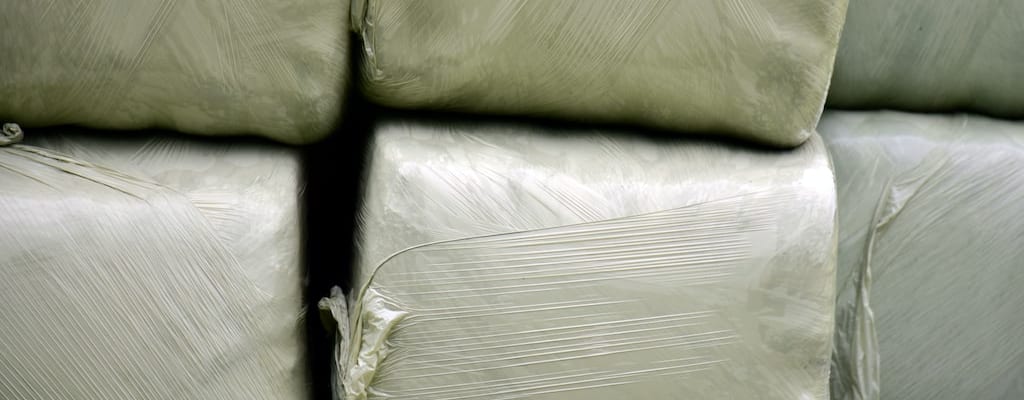scratch one’s head: Idiom Meaning and Origin
What does ‘scratch one's head’ mean?
The idiom "scratch one's head" means to be confused or perplexed about something, often trying to find a solution or understanding. It implies a gesture of scratching one's head as a sign of puzzlement or deep thought.

Idiom Explorer
The idiom "stump it" means to be completely unable to answer a question or solve a problem. It is often used to refer to a situation where someone is left speechless or puzzled, unable to come up with a response or solution.
The idiom "scratch one's own itch" means to take action to resolve one's own problem or fulfill one's own needs without relying on others for help or assistance.
"Scratch beneath the surface" means to look deeper or investigate further in order to discover the true nature or reality of something. It implies that there is more to a situation or person than what is immediately apparent or visible.
The idiom "scratch an itch" means to alleviate or satisfy a strong desire or need, often by taking action to obtain what is desired.
The idiom *run around like a chicken with its head cut off* means to act in a frantic, disorganized manner, typically due to panic or confusion.
The idiom "rub someone the wrong way" means to irritate or annoy someone, often due to a mismatch in personalities or preferences.
The idiom "rub shoulders" means to come into contact or have a social interaction with someone, typically someone influential or important.
Head-Scratching Enigma
The idiom "scratch one's head" is a commonly used expression in English. It is typically used to describe confusion or puzzlement. The phrase is believed to have originated from the physical act of scratching one's head when perplexed. The exact origins of this idiom are unclear, but the gesture of head-scratching in response to confusion may have led to its association with this expression.
The versatility of "scratch one's head" lies in its ability to convey mental perplexity in various contexts. Whether faced with a difficult problem, trying to understand a complex concept, or encountering a puzzling situation, this idiom can effectively communicate a state of confusion. The physical action of scratching one's head is a universal gesture, reflecting a momentary sense of being stumped or uncertain across cultures.
Another related idiomatic expression is "head-scratching". This phrase, used in various contexts, conveys a similar sense of confusion. When faced with a perplexing situation, people may find themselves engaged in head-scratching as they try to understand or find a solution. The similarity in meaning between "scratch one's head" and "head-scratching" provides different ways to express confusion and puzzlement.
Similarly, "give one's head a shake" is another idiom related to "scratch one's head." When encountering a bewildering situation or struggling to understand something, people may figuratively shake their head. This action symbolizes a conscious effort to dismiss confusion and refocus their thoughts. "Give one's head a shake" serves as an alternative expression to convey the act of mentally regaining clarity or getting back on track.
The enduring popularity of "scratch one's head" can be attributed to its simplicity and conciseness. This idiomatic phrase is widely recognized and understood by English speakers, allowing for easy incorporation into conversations or written communication. By utilizing this expression, individuals can succinctly convey a state of confusion or a lack of understanding.
Overall, "scratch one's head" has a long history of usage in the English language. Although its exact origins are unclear, it remains a widely recognized and widely used idiom. The physical act of scratching one's head in response to confusion may have contributed to the association of this gesture with a state of mental puzzlement. Whether utilized alone or in combination with related idioms like "head-scratching" or "giving one's head a shake," the phrase "scratch one's head" continues to serve as a versatile tool for expressing confusion or bewilderment.
Example usage
Examples of how the idiom "scratch one's head" can be used in a sentence:
- After reading the complex math problem, she scratched her head in confusion.
- The detective scratched his head, trying to figure out how the thief managed to escape unnoticed.
- As he tried to solve the riddle, he found himself scratching his head in frustration.
More "Confusion" idioms



